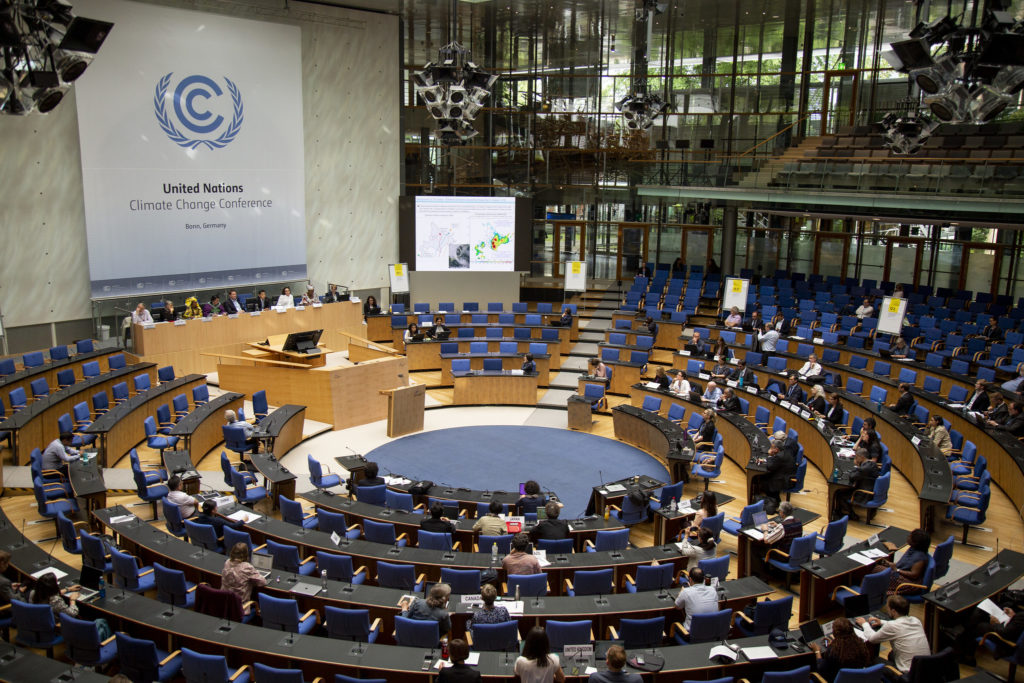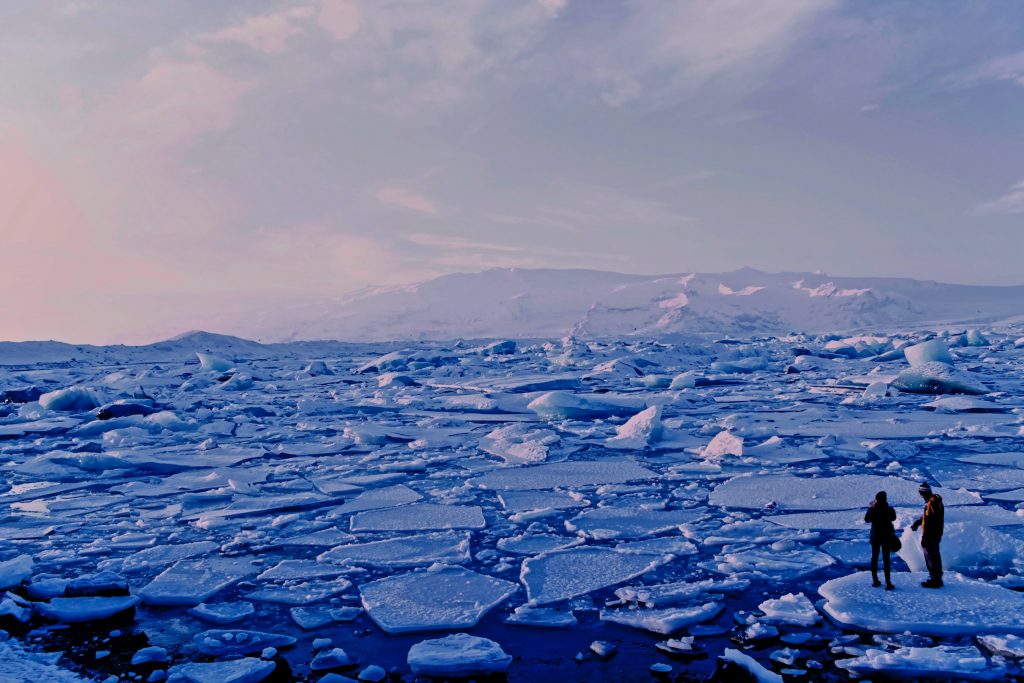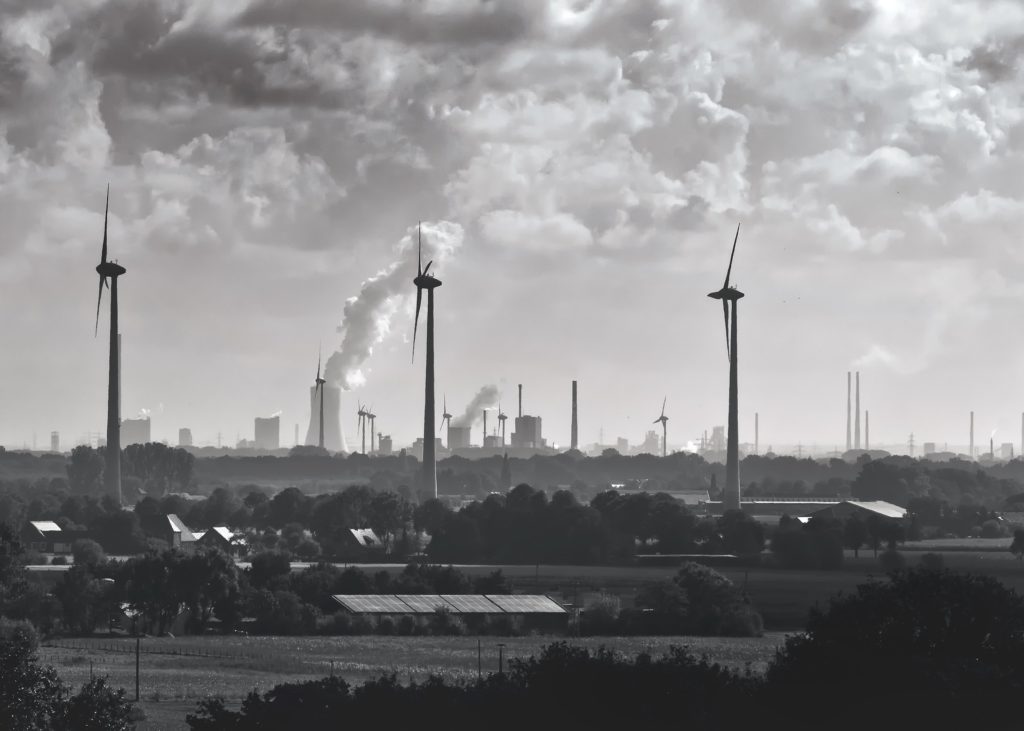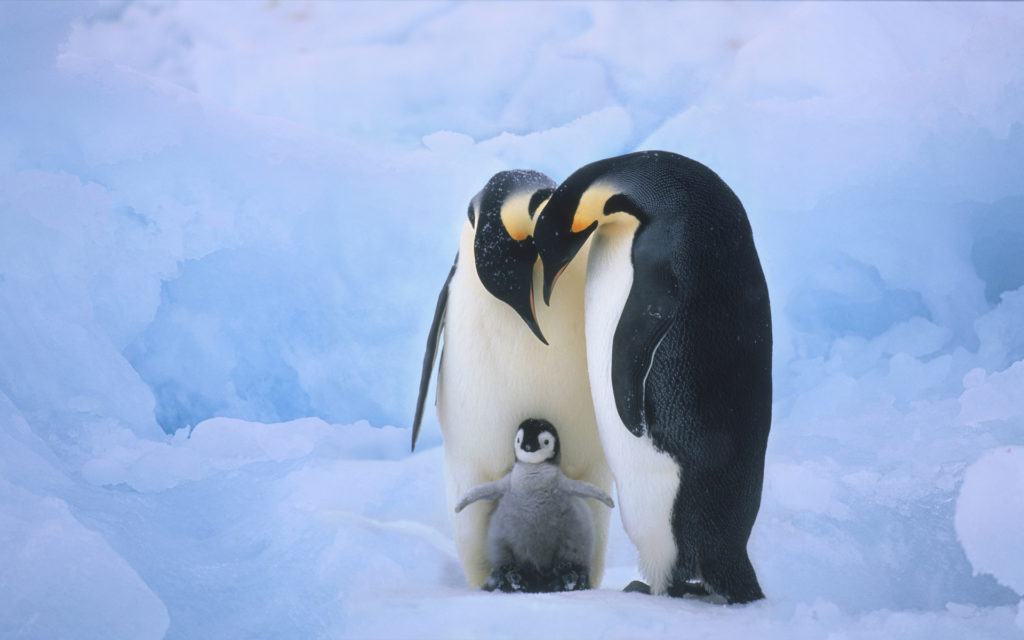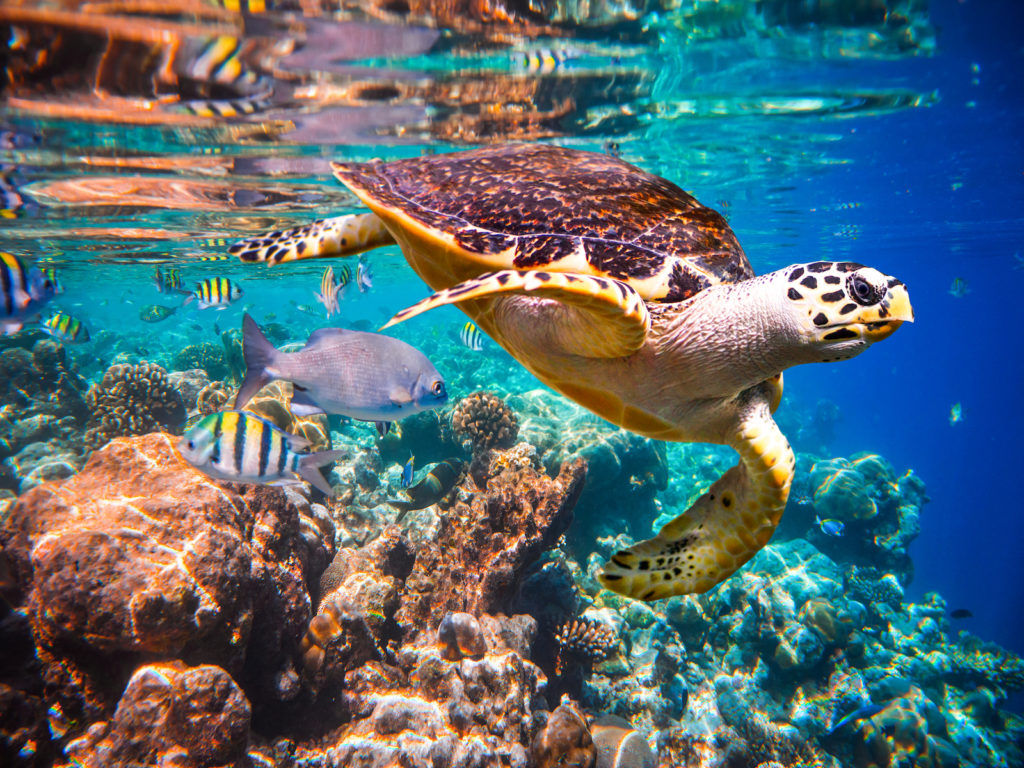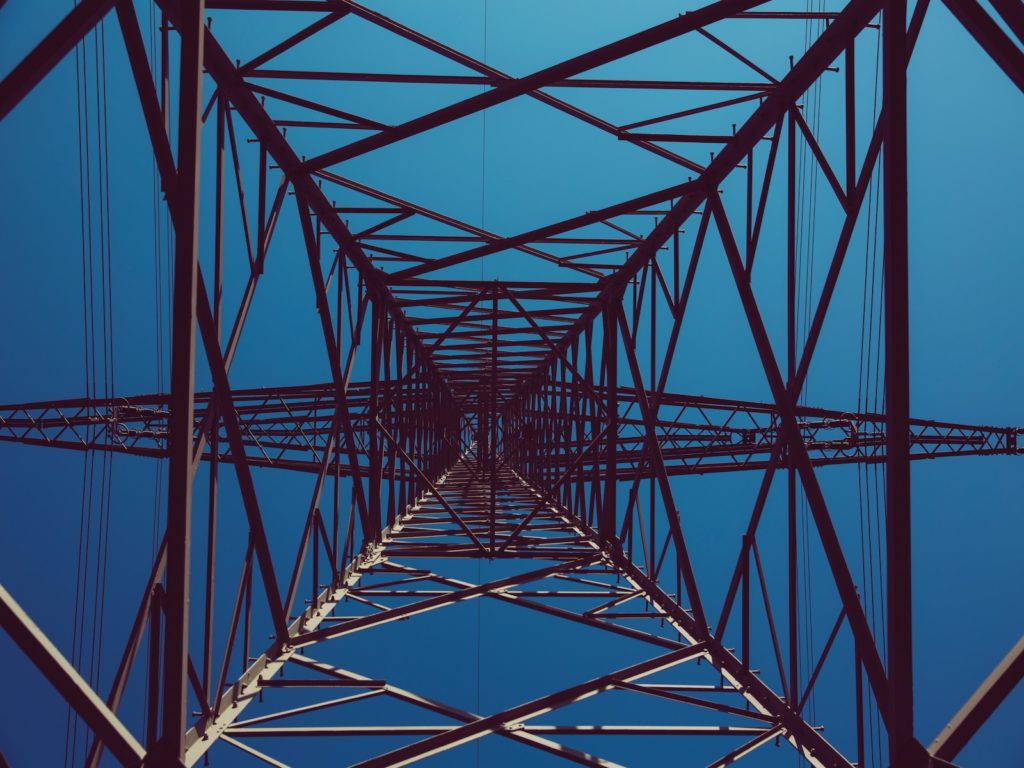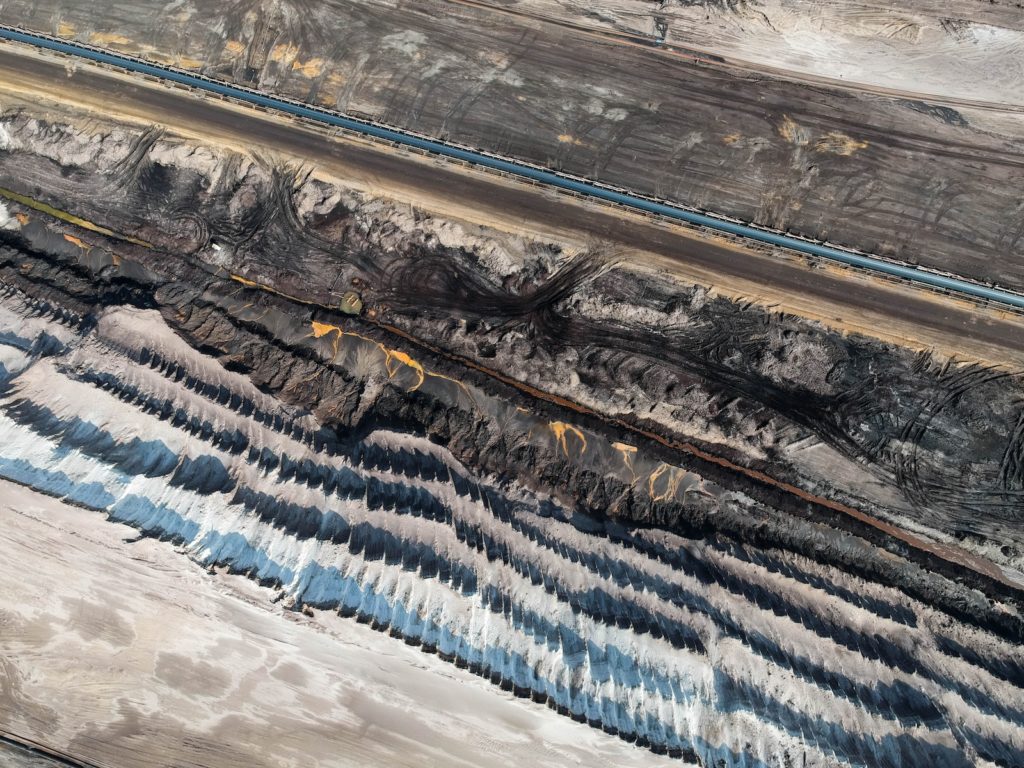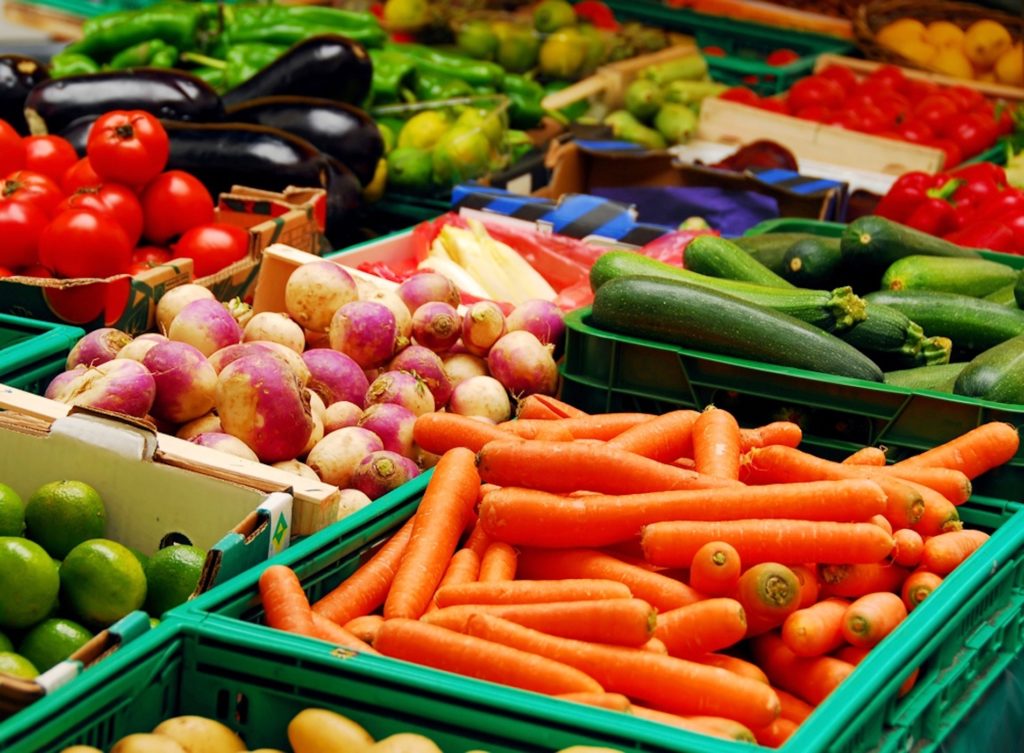
Reaching a Scientific Consensus on Food
Agriculture, fisheries and livestock production produce around one fifth of the world’s greenhouse gas emissions, whilst unhealthy food kills more people than alcohol, drug and tobacco use combined. The paradox is that, whilst 2.1 billion people are overweight, 821 million go to bed hungry every night. Science based research on sustainable diets, such as the EAT-Lancet report, can help reach a scientific consensus on what defines a healthy and sustainable diet, and hence help food production and consumption become a powerful tool in both climate change mitigation and increasing human welfare.

